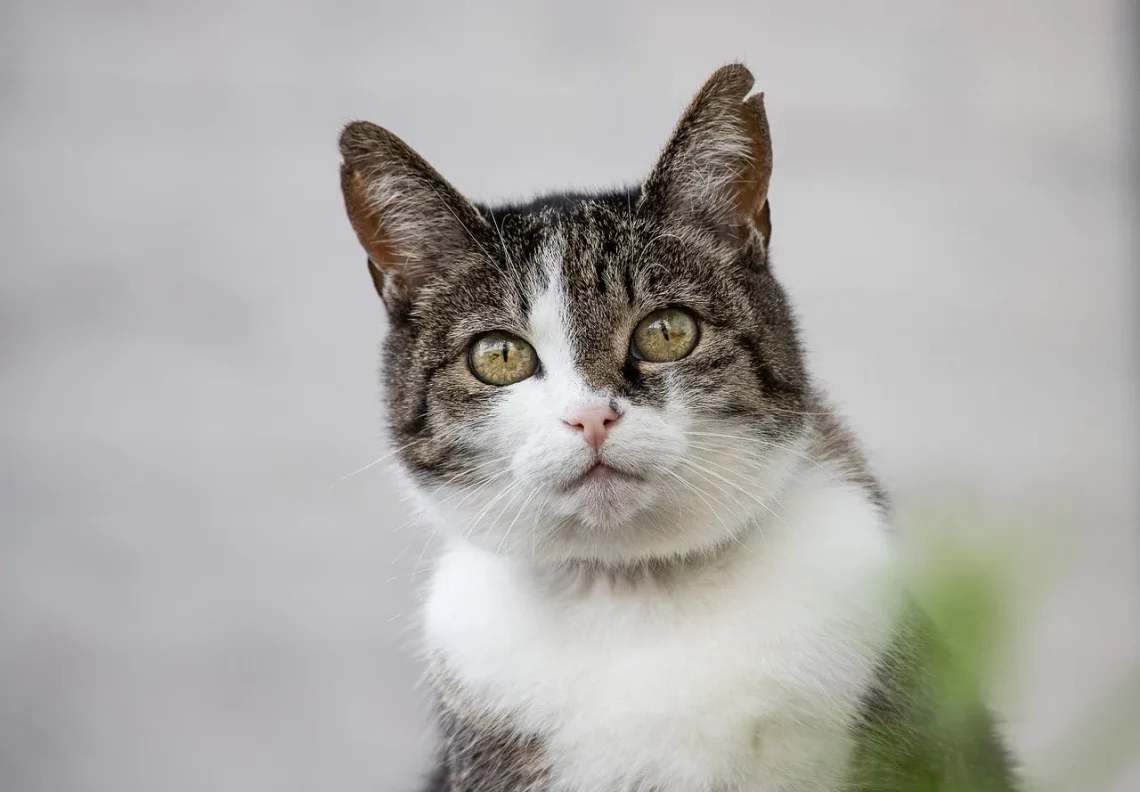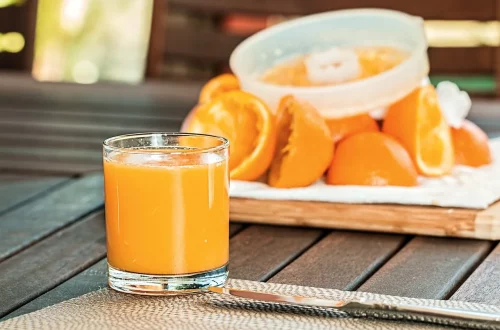
Best Cat Food Options for Managing Irritable Bowel Disease
Managing a cat’s diet is crucial for their overall well-being, especially for those suffering from conditions like Irritable Bowel Disease (IBD). Cats with IBD often experience chronic gastrointestinal issues, which can lead to a variety of uncomfortable symptoms such as vomiting, diarrhea, and weight loss. As a pet owner, it can be distressing to see your feline friend struggle with these health challenges.
Understanding the nature of IBD is essential for making informed decisions about your cat’s nutrition. This condition can be triggered by several factors, including food sensitivities, stress, and infections. The right diet can help alleviate symptoms and improve your cat’s quality of life. It’s essential to choose cat food that is not only palatable but also easy to digest and free from common allergens.
Not all cat food is created equal; many commercial options contain fillers and artificial ingredients that can exacerbate gastrointestinal issues. Therefore, selecting high-quality, specialized products can make all the difference. In this article, we will explore various cat food options tailored for cats with IBD, ensuring that your furry companion receives the nutrients they need while managing their condition effectively.
Understanding Irritable Bowel Disease in Cats
Irritable Bowel Disease is a complex condition that affects the digestive system of cats, leading to inflammation of the gastrointestinal tract. This inflammation can disrupt normal digestion and absorption of nutrients, resulting in symptoms that can be both uncomfortable and distressing for the affected cat.
The exact cause of IBD is still not fully understood, but it is believed to be multifactorial. Genetic predispositions, environmental factors, and dietary sensitivities may all play a role in the development of this condition. Common symptoms include chronic diarrhea, vomiting, weight loss, and changes in appetite.
Diagnosing IBD can be challenging, as it often requires a combination of medical history, physical examinations, and diagnostic tests, including blood work and biopsies. Once diagnosed, a holistic approach to management is essential. This often involves a combination of medications, dietary adjustments, and monitoring to ensure the cat’s quality of life is maintained.
Nutrition plays a crucial role in managing IBD. A diet that is tailored to the specific needs of a cat with IBD can help reduce inflammation, alleviate symptoms, and support overall health. It is important to consult with a veterinarian to determine the best dietary approach, as they can provide guidance on appropriate food choices and any necessary supplements.
Key Nutritional Components for Cats with IBD
When selecting cat food for a cat with IBD, it’s vital to consider certain nutritional components that can help manage their condition. The primary goal is to choose a diet that is easy to digest and minimizes the risk of triggering gastrointestinal distress.
First and foremost, protein quality is critical. Cats are obligate carnivores, meaning they require high-quality animal protein for optimal health. Look for cat food that features real meat as the primary ingredient. Additionally, the protein should be easily digestible to ensure that your cat can absorb the nutrients without straining their digestive system.
Another important factor is the source of carbohydrates. Cats with IBD may benefit from diets that are low in carbohydrates, as certain grains and fillers can exacerbate gastrointestinal issues. Instead, opt for grain-free formulas that use alternative carbohydrate sources like sweet potatoes or peas, which are generally easier on the digestive tract.
Fat content also plays a role in digestion. Healthy fats are essential for maintaining a cat’s energy levels and overall health, but they should be balanced. Diets with moderate fat levels can aid in nutrient absorption without overwhelming the digestive system. Omega-3 and Omega-6 fatty acids can be particularly beneficial, as they have anti-inflammatory properties that can help soothe the gut lining.
Lastly, fiber content is crucial in managing IBD. Soluble fiber can help regulate bowel movements and improve stool consistency, while insoluble fiber can aid in the overall digestive process. Depending on your cat’s specific needs, a diet that combines both types of fiber may be beneficial.
Recommended Cat Food Brands for IBD
Selecting the right cat food brand is critical for managing IBD effectively. Several brands offer specialized diets tailored to the needs of cats with gastrointestinal disorders. It’s essential to consult with your veterinarian before making any changes to your cat’s diet, but here are some well-regarded options that are often recommended:
1. **Hill’s Prescription Diet**: This brand offers a range of veterinary diets designed specifically for cats with gastrointestinal issues. The Hill’s Prescription Diet i/d formula is known for its digestibility and palatable taste, making it a popular choice among cat owners.
2. **Royal Canin Veterinary Diet**: Royal Canin provides a variety of options for cats with digestive sensitivities. Their Gastrointestinal High Energy dry food is formulated to be easy to digest while providing the necessary nutrients for energy and recovery.
3. **Purina Pro Plan Veterinary Diets**: This brand features the EN Gastroenteric formula, which is designed to support digestive health. The food is formulated with highly digestible ingredients and added prebiotics to promote a healthy gut microbiome.
4. **Wellness CORE**: For those looking for a grain-free option, Wellness CORE offers high-protein, low-carb diets that can be beneficial for cats with IBD. Their formulas often include real meat as the first ingredient and a blend of probiotics for digestive health.
5. **Nature’s Logic**: This brand prides itself on using whole food ingredients with no synthetic vitamins or minerals. Nature’s Logic cat food is often well-tolerated by cats with sensitive stomachs and offers balanced nutrition.
While these brands are well-regarded, it’s crucial to remember that each cat is unique. What works for one may not work for another, so it may take some trial and error to find the best food for your cat’s specific needs.
Transitioning to a New Diet Safely
Transitioning your cat to a new diet, especially when managing a condition like IBD, should be done gradually. Abrupt changes in diet can lead to further gastrointestinal upset, which is counterproductive to the goal of managing IBD effectively.
The general recommendation is to introduce the new food over a week to ten days. Start by mixing a small amount of the new food with your cat’s current food. Gradually increase the proportion of the new food while decreasing the old food. This slow transition allows your cat’s digestive system to adjust and helps minimize the risk of adverse reactions.
During this transition period, closely monitor your cat’s response to the new diet. Look for any signs of gastrointestinal distress, such as vomiting, diarrhea, or changes in appetite. If you notice any concerning symptoms, it may be necessary to slow down the transition or consult with your veterinarian for guidance.
In addition to monitoring your cat’s physical response, consider their preferences. Cats can be finicky eaters, and if your cat refuses to eat the new food, it might be necessary to try a different option.
It’s also important to maintain a consistent feeding schedule, as routine can help stabilize your cat’s digestive system. Offer meals at the same times each day, and avoid free-feeding unless advised by your veterinarian.
In conclusion, managing a cat with Irritable Bowel Disease requires a thoughtful approach to diet and nutrition. By selecting high-quality, easily digestible foods and gradually transitioning to new diets, you can help support your cat’s health and well-being.
**Disclaimer**: This article is for informational purposes only and should not be considered medical advice. Always consult your veterinarian for advice regarding your cat’s health and dietary needs.




